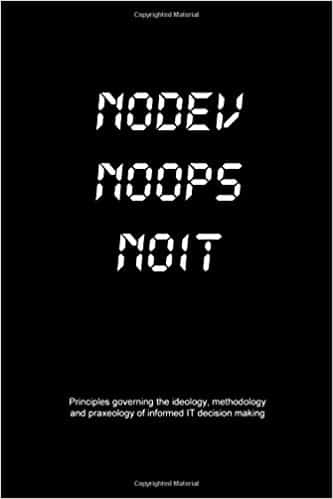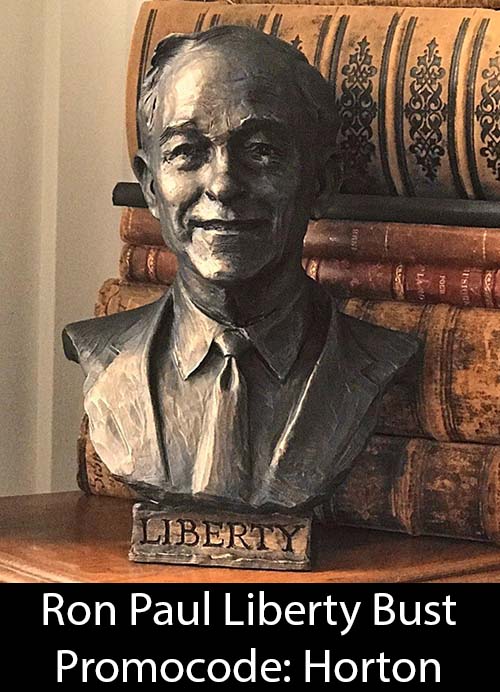For perhaps the first time ever, the sick, evil, warmongering liar Charles Kruthammer has got his facts straight, though, of course, he remains on the wrong side of every issue. In his new piece for the Post, “In praise of the rotation of power,” Kruthammer writes:
As the Afghanistan war intensifies — Marja, soon Kandahar, and the steady arrival of 30,000 new American troops — it has come to be seen as Obama’s war.
Not so. It’s become America’s war. When the former opposition party — habitually antiwar for the past four decades — adopts, reaffirms and escalates a war begun by the habitually hawkish other party, partisanship falls away, and the war becomes nationalized.
And legitimized. Do you think if John McCain, let alone George W. Bush, were president, we would not see growing demonstrations protesting our continued presence in Iraq and the escalation of Afghanistan? That we wouldn’t see a serious push in Congress to cut off funds?
Why not? Because Barack Obama is now commander in chief. The lack of opposition is not a matter of hypocrisy. It is a natural result of the rotation of power. When a party is in opposition, it opposes. That’s its job. But when it comes to power, it must govern. Easy rhetoric is over, the press of reality becomes irresistible. By necessity, the party adopts some of the policies it had once denounced. And a new national consensus is born.
In this case, the antiwar party has followed the Bush endgame to a T in Iraq and has doubled down in Afghanistan. And there is no general restiveness (at least over this).
The rotation of power is the finest political instrument ever invented for the consolidation of what were once radical and deeply divisive policies. The classic example is the New Deal. Republicans railed against it for 20 years. Then Dwight Eisenhower came to power, wisely left it intact, and no serious leader since has called for its repeal.
Has Jerky been listening to my show? Anyway, no big news here, just that Chucky the Warmonger is still mongering war and Carroll Quigley’s approving observation about the role of the two party system in keeping the American people ever hopeful for change and forever hoodwinked about the prospect of achieving it remains as true today as when he wrote it in 1966.
The argument that the two parties should represent opposed ideals and policies, one, perhaps, of the Right and the other of the Left, is a foolish idea acceptable only to the doctrinaire and academic thinkers. Instead, the two parties should be almost identical, so that the American people can ‘throw the rascals out’ at any election without leading to any profound or extreme shifts in policy.’¦ Either party in office becomes in time corrupt, tired, unenterprising, and vigorless. Then it should be possible to replace it, every four years if necessary, by the other party, which will be none of these things but will still pursue, with new vigor, approximately the same basic policies.
Thanks to Don for the link.















